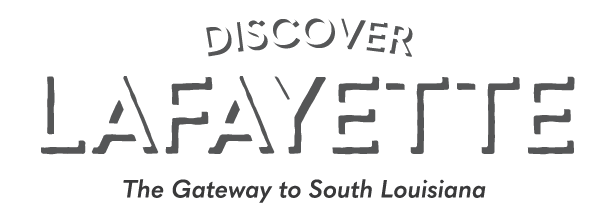Podcast: Play in new window | Download (Duration: 34:27 — 47.3MB)
Healthcare in Louisiana is always front and center in the news. Now that medical marijuana is legal and will be available in 10 dispensaries throughout the state, it’s the perfect time to visit with State Senator Fred Mills, the driving force behind the legalization of the medical use of cannabis with a doctor’s “recommendation.”
Senator Mills is a dedicated public servant who has represented District 22 covering portions of Lafayette, St. Martin, St. Landry and Vermilion parishes since 2011. Prior to that he represented District 46 of the House of Representatives and served as a member of the St. Martin Parish Council.
Mills serves as Chair of the Senate Health and Welfare Committee along with numerous other committee assignments. He is President and CEO of Farmers Merchants Bank & Trust. A licensed pharmacist, he is the owner of Cashway Pharmacy in Parks, and is well-known for his humorous pharmacy ads depicting the infamous “Taunte Pills.” He is known for taking on tough issues at the legislature as well as for his generous and kind spirit.
Medical marijuana has an interesting history. It was first technically legalized in Louisiana in 1978, and again in 1991, authorizing treatment for glaucoma, chemotherapy side effects, and spastic quadriplegia, but rules were never implemented by the Department of Health and Hospitals on how to cultivate and dispense it. The law allowed a doctor to prescribe it, but there was no place to legally fill the prescription.
As Executive Director of the Louisiana Board of Pharmacists in the late 1990’s, Mills became interested in the topic as he began to receive many calls about medical marijuana. The issue was tricky: If people could get their hands on it, it was “legal,” but there was no regulated framework for cultivating, distributing and dispensing the product. Patients clamoring for this highly effective method of relieving pain and symptoms were out of luck in Louisiana.
As a state senator, Mills once again began hearing from people statewide about the need for legalizing medical marijuana; and in 2014, the political climate nationwide was becoming more accepting of legalization for medicinal purposes.
With persistence, Sen. Mills was finally able to gain passage of legislation legalizing medical marijuana with the passage of Act 261 in 2015. The legislature selected the agriculture centers at LSU and Southern University to be the only legal growers in the state. Both schools have entered into contracts with private companies to ensure compliance with government-mandated production standards. One plant can generate 120 doses of oil for delivery to patients. Grown in a pod type of sterile environment, the marijuana will be tested by our State Department of Agriculture and should be available in November 2018. After 40 years of anticipation, medical marijuana will finally be available.
Only ten dispensaries are authorized to operate throughout the state, a compromise reached so that state law enforcement can adequately monitor the product. Under the law, a licensed physician will “recommend” the marijuana so that the patient can use it for management of symptoms.
While there is a celebration about the advent of legal medical marijuana, concerns still exist as Marijuana is listed as a Schedule 1 drug which is illegal under federal law. Mills explained the irony is that the federal government has its own patent on marijuana. Schedule 1 is the “worst” type of listing as this is the same category as heroin which has no medicinal purpose. It is not anticipated, however, that there will be any federal prosecutions of persons utilizing the drug for chronic conditions. Other complications from medical marijuana use may arise when a patient may test positive in a work-related drug test. Mill surmised that employers will probably handle this issue on a case by case basis taking into account the legal use of the product with a doctor “recommendation.”
For more technical information on medical marijuana, you can access the Louisiana Department of Health’s website here.
Other issues discussed include the growing opioid crisis, which cost Louisiana taxpayers $300 million per year. As health providers are limiting access to prescription opioids, addicted patients are turning to illegal drugs such as heroin. Louisiana recently was awarded a $30 million grant from the federal government to fight the opioid epidemic.
Another point of discussion was the Prescription Monitoring Program mandated for use by healthcare professionals. Act 76 of the 2017 Legislative Session was designed to curb Louisiana’s opioid epidemic by requiring prescribers to consult a statewide database before prescribing opioids to patients to verify whether the patient has other active, opioid prescriptions. Operated by the Louisiana Board of Pharmacy, the PMP is an electronic system that monitors controlled substances. This statewide electronic database collects data on substances dispensed in Louisiana and distributes this data to authorized individuals.
Many thanks to Senator Fred Mills for taking the time to visit with us. Our region and state are fortunate to have such a dedicated public servant!




